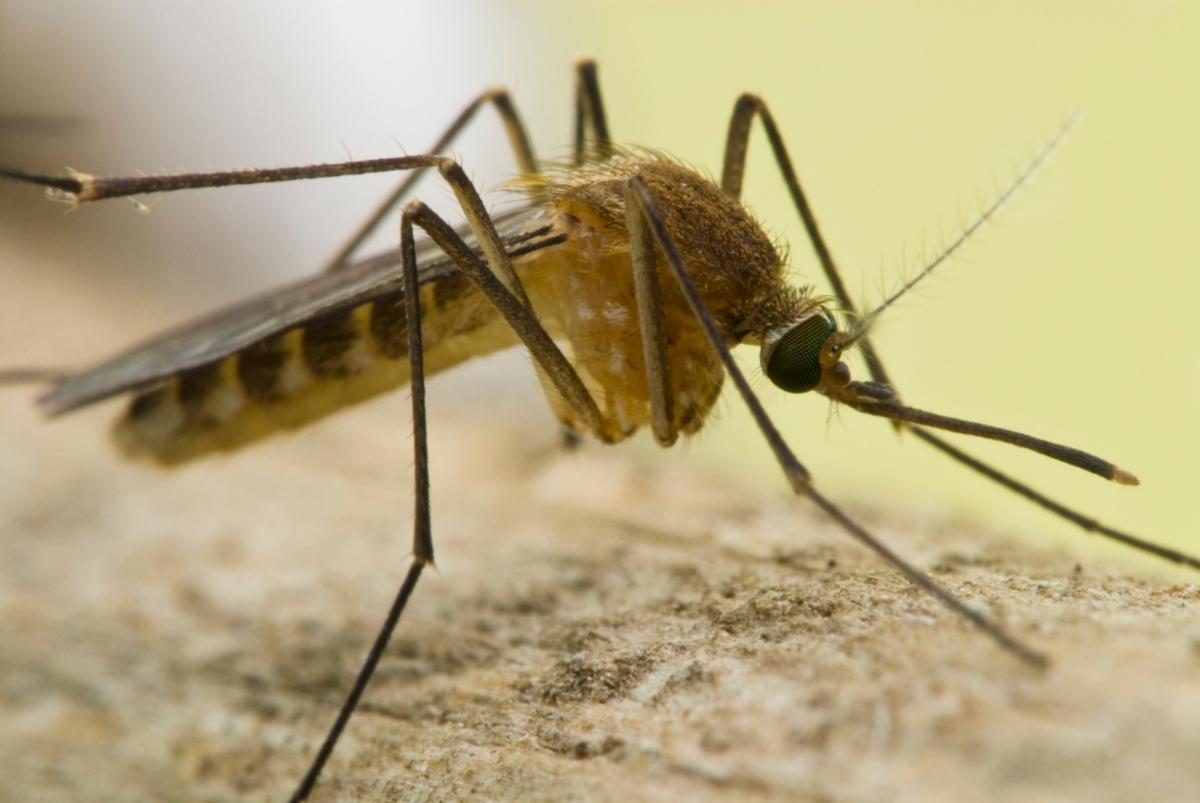The Ministry of Health of the Canary Islands, via the General Directorate of Public Health of the Canarian Health Service (SCS), announces that following comprehensive entomological monitoring, it can be deemed that the episode has been successfully managed and the mosquito Aedes albopictus has been eradicated in the municipality of Tacoronte, following 18 months since the last sighting of this mosquito in a greenhouse within the area.
Since 2013, the Canary Islands have implemented an entomological surveillance system, coordinated by the General Directorate of Public Health in partnership with the University Institute of Tropical and Public Health of the Canary Islands at the University of La Laguna (ULL), aimed at the early detection of potential invader mosquitoes.
On September 1, 2023, the Ministry of Health of the Canary Islands, through the General Directorate of Public Health, reported that the Autonomous Surveillance System of the Canary Islands had identified three adult mosquito specimensconfirmed to be of the speciesAedes albopictus within a Tacoronte greenhouse.
Following this discovery, the Specific protocol was enacted, involving the technicians from the University Institute of Tropical and Public Health of the ULL and the City Council of Tacoronte.
During this period, extensive entomological surveillance activities were conducted, including the installation of traps in strategic locations throughout the municipality, as well as in the ports and airports of the archipelago. A biting surveillance programme was also established across all health centres and pharmacies on the island.
In this context, health professionals within the care network were notified about the risks to consider while assisting citizens and the procedure for reporting data related to the vector and its bites. Furthermore, specific training sessions were organised for early identification of symptoms relating to vector-borne diseases.
The local residents have also been educated during this period about the significance of reporting the sighting of mosquitoes and breeding sites in their homes and gardens, along with any potential bites they might experience.
This initiative has continued for 18 consecutive months since the initial detection, ensuring the absence of the vector in the region. With the conclusion of the alert period, the number of Ovitrampas in the nursery will be reduced, and the frequency of trap inspections will shift to a sampling every ten days.
Community Involvement
If there are any suspicions, citizens are encouraged to send photographs of potential Aedes sightings or images of severe inflammatory responses to bites that may have occurred, to the email address [email protected], specifying the location where the sighting was made and providing a contact phone number.
It is essential to uphold and strengthen the entomological surveillance and vector control efforts with the participation of all sectors, including the community, to prevent new introductions.
Previously, in 2019 and 2023, it was confirmed that the episodes had been resolved and the mosquitoesAedes aegypti eradicated from the islands of Fuerteventura and La Palma, respectively.
Additionally, instances of specimens ofAedes albopictus were noted at Tenerife South airport andAedes aegypti in El Puerto and the Birds neighbourhood in Santa Cruz de Tenerife, as well as at Santa Catalina dock and in the Piletas neighbourhood in Las Palmas de Gran Canaria.

The Sindbis virus, first detected in Andalusia, is transmitted via mosquitoes / CSIC
Strategies to Prevent the Spread of Aedes
The General Directorate of Public Health reiterates the significance of entomological surveillance as a primary strategy to hinder the introduction of invasive species into the archipelago and to prevent the establishment of these species once detected at any entry point.
The initial measure focuses on controlling and eliminating any standing water, as even very small amounts, like the cap of a bottle, can serve as a breeding site.
Recommendations
- Add sand to plant saucers. This will allow for watering while preventing the accumulation of water where females might lay their eggs. Alternatively, these saucers should be emptied and cleaned weekly to stop any deposited eggs from maturing into adults.
- Avoid planting directly in water (e.g., pothos, bamboo, money plant) and transfer them to soil. Change the water in flower vases daily.
- In outside areas (gardens, patios, roofs, terraces, balconies, etc.), store empty pots, bottles, buckets, showers, and any containers where water or rainwater could collect.
- Prevent water accumulation in gardens, roofs, balconies, or terraces after watering or rainfall. Maintain these areas clean and remove any pruning debris that may hold water.
- Clean and change animal drinking water daily.
- Ensure that water storage containers are well-covered to prevent mosquito access, as well as any receptacles used for rainwater collection.
- Swimming pools should be properly chlorinated and have daily circulation. If partially emptied, they pose a significant risk for mosquito proliferation.
- Clean the exterior of refrigerators and air conditioning units where water could gather, including portable device containers.
- Keep external drains clear and check that there’s no stagnant water in any part of the system.
















